Home>Garden Essentials>What Happens If You Eat An Apple Seed
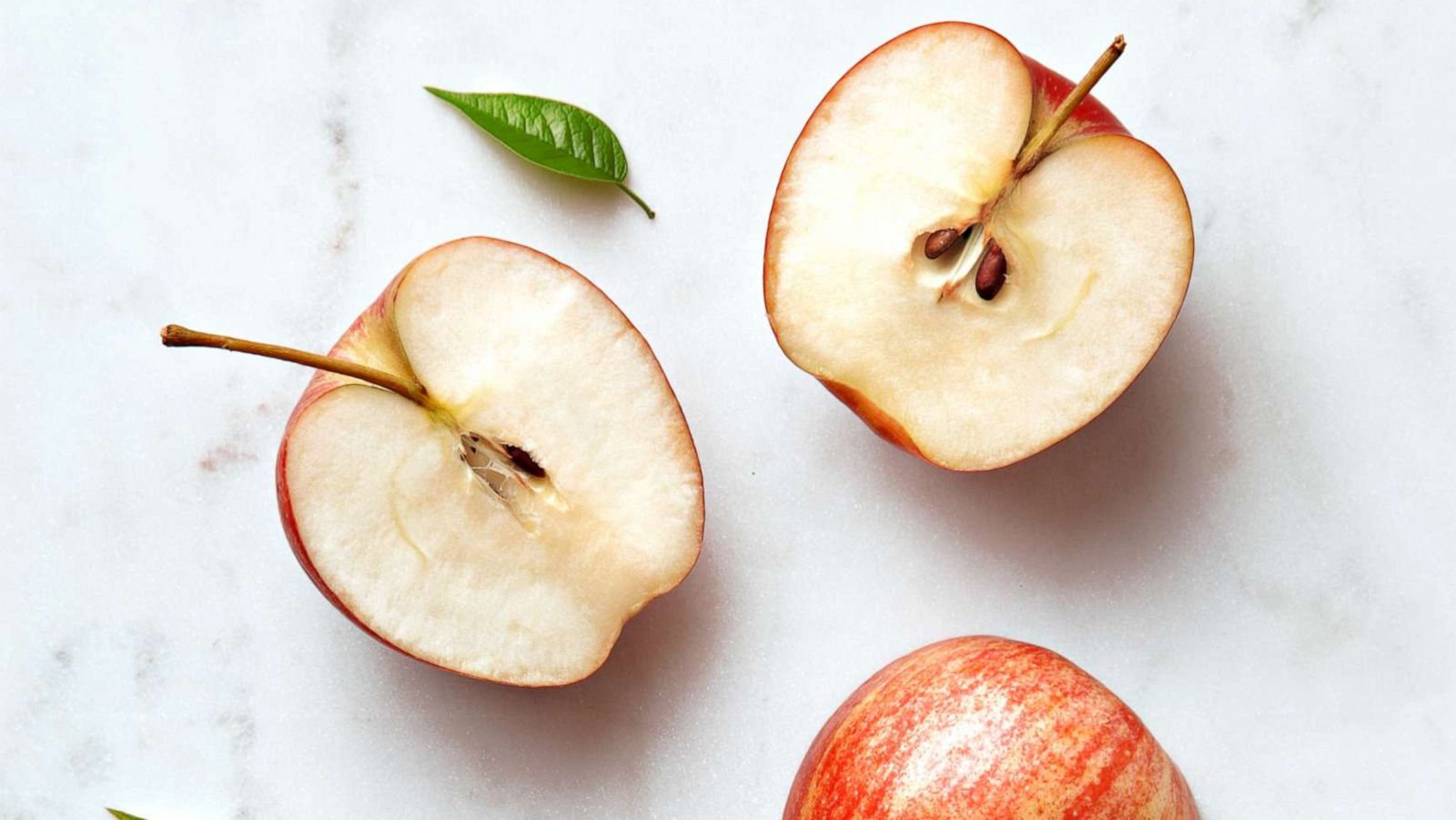

Garden Essentials
What Happens If You Eat An Apple Seed
Modified: March 24, 2024
Curious about the consequences of consuming apple seeds? Discover what happens when you eat a garden's worth of apple seeds in this informative guide.
(Many of the links in this article redirect to a specific reviewed product. Your purchase of these products through affiliate links helps to generate commission for Storables.com, at no extra cost. Learn more)
Introduction
Apples are one of the most commonly consumed fruits worldwide, known for their crisp texture and sweet flavor. They are not only delicious but also packed with essential nutrients, making them a popular choice for a healthy snack. However, have you ever wondered what would happen if you accidentally swallowed an apple seed? In this article, we will explore the composition of apple seeds, discuss the cyanide content they contain, and delve into the potential health risks associated with consuming apple seeds.
Apple seeds, also known as pips, are the small, brown, oval-shaped structures found inside the apple’s core. These seeds contain a variety of substances, including fiber, proteins, healthy fats, and numerous vitamins and minerals. While small in size, apple seeds are considered to be the storehouse of life for a future apple tree.
However, one compound found in apple seeds that raises concerns is amygdalin. Amygdalin is a naturally occurring cyanogenic glycoside—a substance capable of breaking down into hydrogen cyanide when ingested or metabolized. Cyanide is a highly toxic compound that prevents cells from utilizing oxygen, leading to severe health implications.
Though apple seeds do contain amygdalin, the cyanide content within them is relatively low. In fact, you would need to consume a significant number of apple seeds to reach toxic levels of cyanide. It is important to note that the human body is equipped with detoxification mechanisms to eliminate small amounts of cyanide, making it unlikely to cause immediate harm.
Despite the low levels of cyanide in apple seeds, potential health risks exist when ingested in larger quantities. These risks are more prominent in individuals who may have compromised detoxification processes or who consume an excessive number of apple seeds regularly.
Key Takeaways:
- Don’t worry about accidentally swallowing an apple seed – the small amount of cyanide in one seed is unlikely to harm you. Just enjoy the delicious and nutritious flesh of the apple!
- To stay safe, remove apple seeds before eating. You can still enjoy the many benefits of apples without the risk of consuming too many seeds.
Read more: What Happens When You Eat Apple Seeds
Composition of Apple Seeds
Apple seeds may be small, but they have a complex composition that includes a variety of nutrients. These tiny seeds contain a combination of fiber, proteins, healthy fats, and essential vitamins and minerals.
Fiber: Apple seeds are a good source of dietary fiber. Fiber plays a crucial role in digestion, helping to keep your digestive system healthy and regulating bowel movements.
Proteins: Apple seeds also contain proteins, which are essential for repairing and building tissues in the body. While the protein content in apple seeds is relatively low compared to other protein sources, every little bit contributes to your overall protein intake.
Healthy Fats: Apple seeds contain healthy fats, such as omega-3 and omega-6 fatty acids. These fats help support brain function, reduce inflammation, and promote heart health.
Vitamins and Minerals: Apple seeds are rich in vitamins and minerals, including vitamin E, vitamin B complex, magnesium, phosphorus, and potassium. These nutrients are important for various bodily functions, such as supporting immunity, promoting bone health, and maintaining electrolyte balance.
Beyond their nutritional composition, apple seeds also contain amygdalin, a substance known as a cyanogenic glycoside. Amygdalin is present in small amounts in many fruits, including apples, and serves as a natural defense mechanism for the apple tree.
It is important to note that while apple seeds do contain beneficial nutrients, they should not be relied upon as a primary source of nutrition. The flesh of the apple itself is much more nutrient-dense and should be the focus of your apple consumption.
Cyanide Content in Apple Seeds
Apple seeds have gained attention due to their cyanide content. Cyanide is a highly toxic substance, and its presence in apple seeds has raised concerns among some individuals. However, it is essential to understand that the cyanide content in apple seeds is relatively low.
The cyanide found in apple seeds is derived from amygdalin, a compound that is part of the seed’s composition. When consumed, amygdalin can be enzymatically broken down in the body, releasing small amounts of hydrogen cyanide. This conversion occurs as a result of the digestive processes.
While it is true that cyanide is toxic, the amount present in apple seeds is generally not lethal when consumed in small quantities. You would need to consume a substantial number of apple seeds to reach toxic levels of cyanide. In fact, it is estimated that an adult would have to consume approximately 200 apple seeds to potentially reach a dangerous level of cyanide.
It’s important to note that the human body has natural detoxification mechanisms that can help eliminate small amounts of cyanide. The liver produces enzymes that can convert cyanide into less harmful substances, reducing the potential for immediate harm.
However, it is worth mentioning that certain individuals may have compromised detoxification processes, such as those with liver or kidney diseases. In these cases, the risk associated with consuming apple seeds may be higher. Additionally, regularly consuming excessive amounts of apple seeds over a prolonged period could potentially increase the risk of cyanide accumulation.
It’s worth reiterating that the majority of apple enthusiasts need not worry about the cyanide content in apple seeds, as the amount typically consumed poses little threat to health. Focus on enjoying the nutritious flesh of the apple and minimize the consumption of apple seeds, particularly in larger quantities.
Potential Health Risks of Eating Apple Seeds
While the cyanide content in apple seeds is generally low, there are potential health risks associated with consuming them in larger quantities. It is important to be aware of these risks to make informed choices about your apple consumption.
1. Cyanide Toxicity: Consuming a large number of apple seeds can lead to a higher intake of cyanide. Cyanide can interfere with the body’s ability to utilize oxygen, which can have serious health implications. Symptoms of cyanide toxicity can include difficulty breathing, dizziness, headache, nausea, and even organ damage in severe cases.
2. Compromised Detoxification processes: Individuals with compromised detoxification processes, such as liver or kidney disease, may be more susceptible to the potential health risks associated with apple seed consumption. These individuals may have a reduced ability to metabolize and eliminate cyanide effectively.
3. Allergic Reactions: In some cases, individuals may be allergic to apple seeds or the compounds they contain. Allergic reactions can vary from mild to severe and may include symptoms such as itching, rash, swelling, or difficulty breathing.
4. Potential for Cyanide Build-Up: Although the body has natural detoxification mechanisms, consuming excessive amounts of apple seeds over an extended period could potentially lead to cyanide accumulation. This could increase the risk of adverse health effects over time.
It is important to note that the potential health risks associated with apple seed consumption are most likely to occur when consuming a large quantity of seeds. Occasional accidental ingestion of a few seeds is unlikely to cause harm in most cases, as the body can typically handle small amounts of cyanide.
To minimize the potential risks, it is advisable to remove apple seeds when consuming apples for yourself or others, particularly for children. Additionally, if you have concerns about your detoxification processes or health conditions that may be impacted by cyanide, it is always wise to consult with a healthcare professional.
Overall, while apple seeds can have potential health risks, they are generally safe when consumed in small quantities. Enjoy your apples in moderation, focusing on the flesh of the fruit, and appreciate the numerous health benefits they provide.
Eating a few apple seeds is unlikely to cause harm, but consuming a large amount can release cyanide in the body. It’s best to avoid eating the seeds to be safe.
Detoxification and Risks Associated
When it comes to the potential risks associated with consuming apple seeds, it is important to understand the body’s natural detoxification processes and their role in minimizing harm.
The human body has a remarkable ability to detoxify and eliminate toxins, including small amounts of cyanide. When consumed, cyanide is metabolized by enzymes in the liver, primarily into thiocyanate, a less toxic compound that can be excreted through urine.
However, certain individuals may have compromised detoxification processes, such as those with liver or kidney diseases. In these cases, the body’s ability to efficiently process and eliminate cyanide may be impaired. As a result, these individuals may be more susceptible to the potential health risks associated with consuming apple seeds.
It’s worth noting that the risk of cyanide toxicity from apple seed consumption is relatively low for the general population. The body’s detoxification mechanisms can handle small amounts of cyanide, making it unlikely to cause immediate harm.
Moreover, regularly consuming excessive amounts of apple seeds over a prolonged period could potentially increase the risk of cyanide accumulation. This is why moderation is key when it comes to consuming apple seeds or any other food that contains cyanogenic compounds.
It is also important to recognize that there are numerous other sources of cyanide in our environment, such as certain foods, industrial processes, and even cigarette smoke. While consuming apple seeds in small quantities may introduce minimal amounts of cyanide into the body, the overall exposure to cyanide from various sources should be taken into consideration.
To minimize the potential risks, it is advisable to remove apple seeds when preparing apples for consumption. By removing the seeds, you can enjoy the fruit without worrying about excessive cyanide intake.
If you have concerns about your body’s detoxification processes or any pre-existing health conditions that may be impacted by cyanide, it is always recommended to consult with a healthcare professional. They can provide personalized guidance based on your specific circumstances.
Remember, the occasional accidental ingestion of a few apple seeds is unlikely to cause harm for most individuals. However, to prioritize your well-being, it is always best to exercise caution and consume apple seeds in moderation, focusing on the delicious and nutritious flesh of the apple.
Read more: What Happens If Dogs Eat Apple Seeds
Safe Ways to Consume Apples
Apples are a delicious and nutritious fruit that can be enjoyed in various ways. To ensure you can safely enjoy the benefits of apples without worrying about potential risks associated with apple seeds, here are some safe ways to consume this popular fruit:
- Remove Apple Seeds: When preparing apples for consumption, make sure to remove the seeds. By cutting the apple and discarding the seeds, you eliminate the risk of accidentally ingesting them.
- Choose Seedless Varieties: Some apple varieties are known for being seedless or having tiny, undeveloped seeds. Opt for these varieties, such as the popular Red Delicious or Fuji apples, to avoid the presence of mature seeds altogether.
- Enjoy Apple Slices: Instead of biting into the apple directly, consider slicing it into bite-sized pieces. This method allows you to easily spot and remove any seeds before consuming the apple slices.
- Cook Apples: Cooking apples not only brings out their natural sweetness but also eliminates any concerns regarding the presence of apple seeds. Bake them into a pie, make applesauce, or stew them for a warm and comforting treat.
- Blend into Smoothies: Blending apples into smoothies or juices is another great way to enjoy their flavor and reap their nutritional benefits. Just remember to remove the core and seeds before adding the apple to your blender.
- Use Apple Peels: The peels of apples are rich in fiber and nutrients. To maximize the health benefits, consider leaving the peels intact when consuming apples. However, be sure to remove the seeds before eating or cooking with them.
By following these safe consumption methods, you can enjoy the numerous health benefits that apples offer without worrying about accidental ingestion of apple seeds. Remember to always prioritize your well-being and make conscious choices when it comes to your food intake.
Incorporating apples into your diet can provide essential vitamins, minerals, and fiber. They are also a great source of antioxidants, which can help protect the body against oxidative stress and chronic diseases.
So, whether you prefer eating whole slices, blending them into your favorite smoothie, or enjoying a warm apple pie, there are plenty of safe and delicious ways to include this remarkable fruit in your diet.
Conclusion
Apples are a beloved fruit enjoyed by people all over the world. While they offer a wide range of health benefits, there has been some concern surrounding the consumption of apple seeds due to their cyanide content. However, it is crucial to understand that the amount of cyanide in apple seeds is generally low, and the human body has natural detoxification mechanisms to handle small amounts of cyanide.
To err on the side of caution, it is recommended to remove the seeds when consuming apples. By doing so, you eliminate the potential risks associated with accidentally ingesting a significant number of seeds.
It is important to note that the occasional accidental ingestion of a few apple seeds is unlikely to cause harm in most individuals. However, individuals with compromised detoxification processes and those who regularly consume excessive amounts of apple seeds may be at greater risk of potential health complications.
Apples can be enjoyed safely through various methods, such as removing the seeds, opting for seedless varieties, slicing the apple into pieces, cooking them, blending into smoothies, or utilizing the nutritious peels while ensuring the removal of the seeds. These approaches allow you to savor the delicious flavor and reap the health benefits of apples without concern.
In conclusion, while apple seeds contain cyanide, the risk of cyanide toxicity from consuming a few seeds is minimal for the average person. Focus on enjoying the flesh of the apple, which is nutrient-dense and contributes significantly to your overall well-being. By being aware of safe consumption practices, you can continue to enjoy the delightful and nutritious qualities of apples, making them a valuable addition to your diet.
Frequently Asked Questions about What Happens If You Eat An Apple Seed
Was this page helpful?
At Storables.com, we guarantee accurate and reliable information. Our content, validated by Expert Board Contributors, is crafted following stringent Editorial Policies. We're committed to providing you with well-researched, expert-backed insights for all your informational needs.
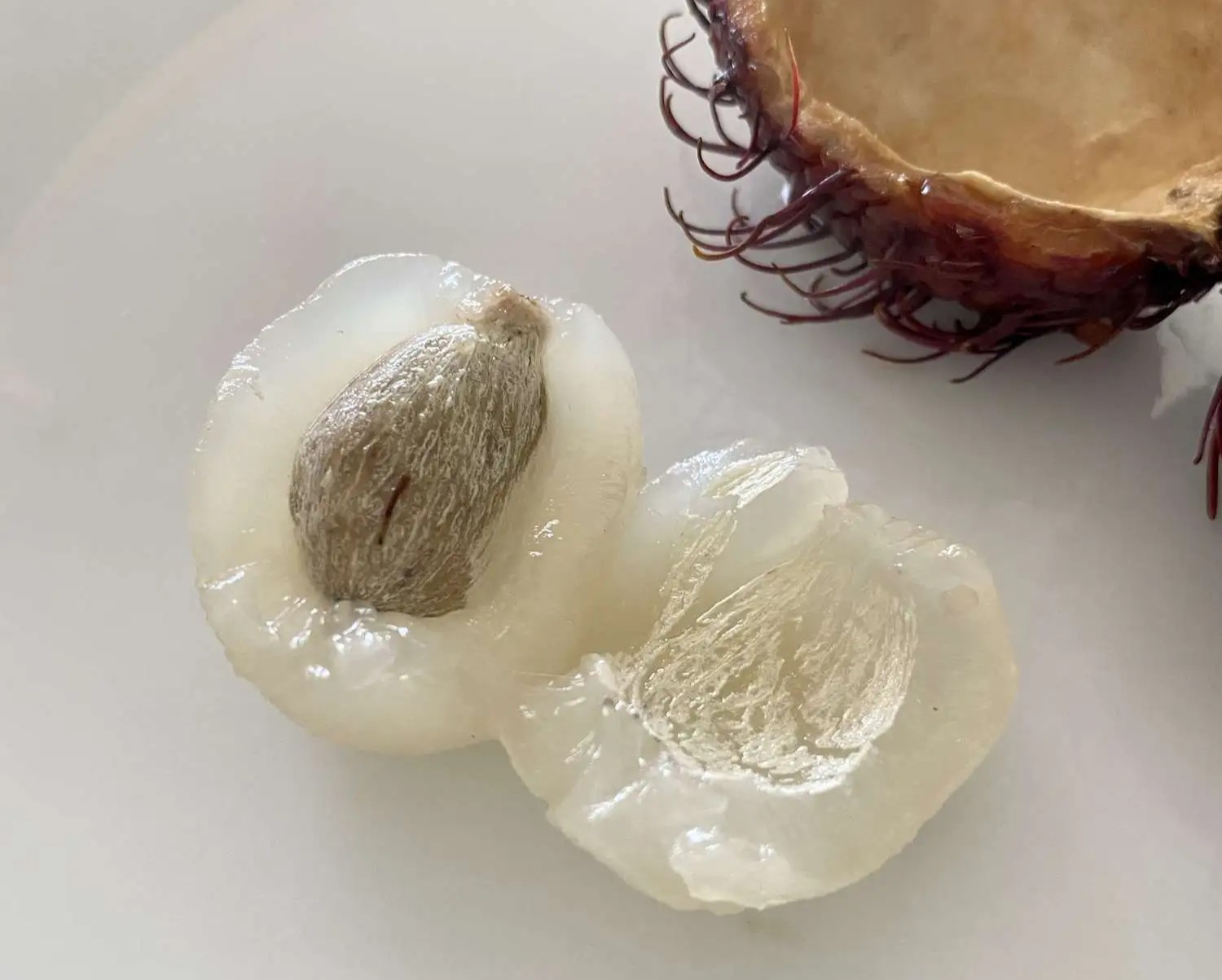
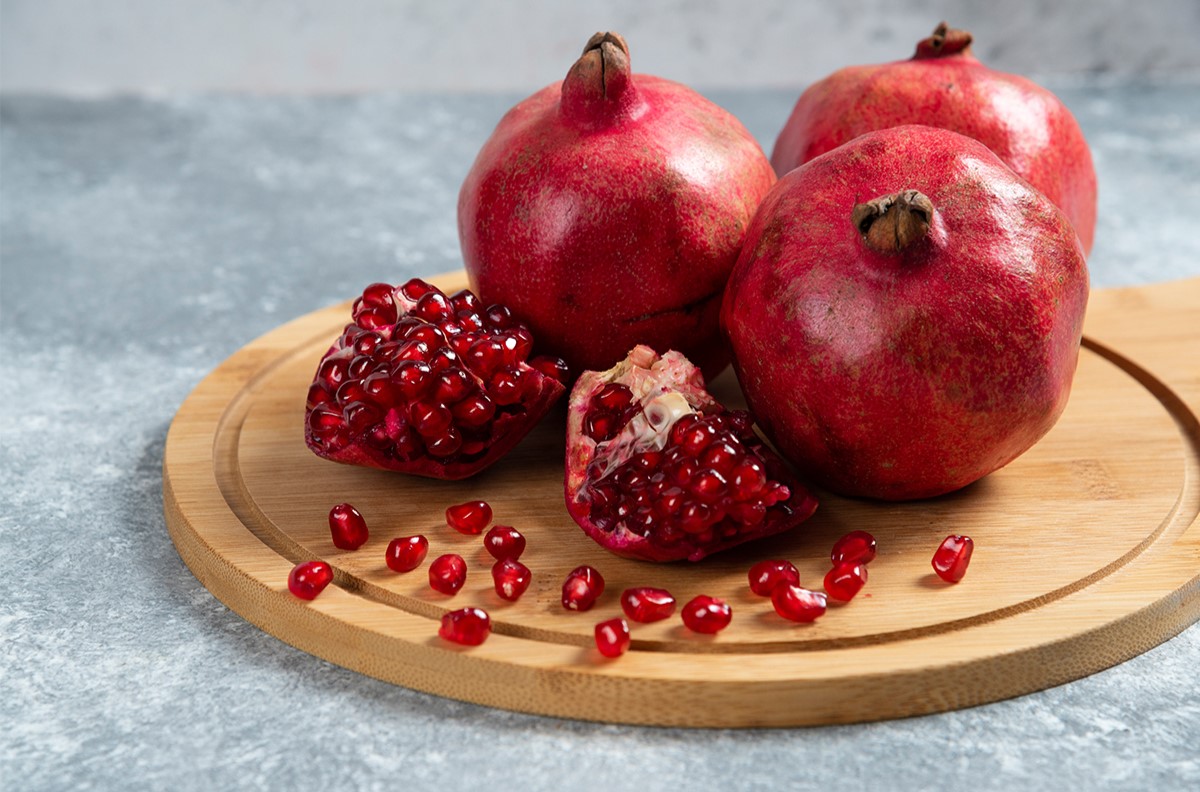

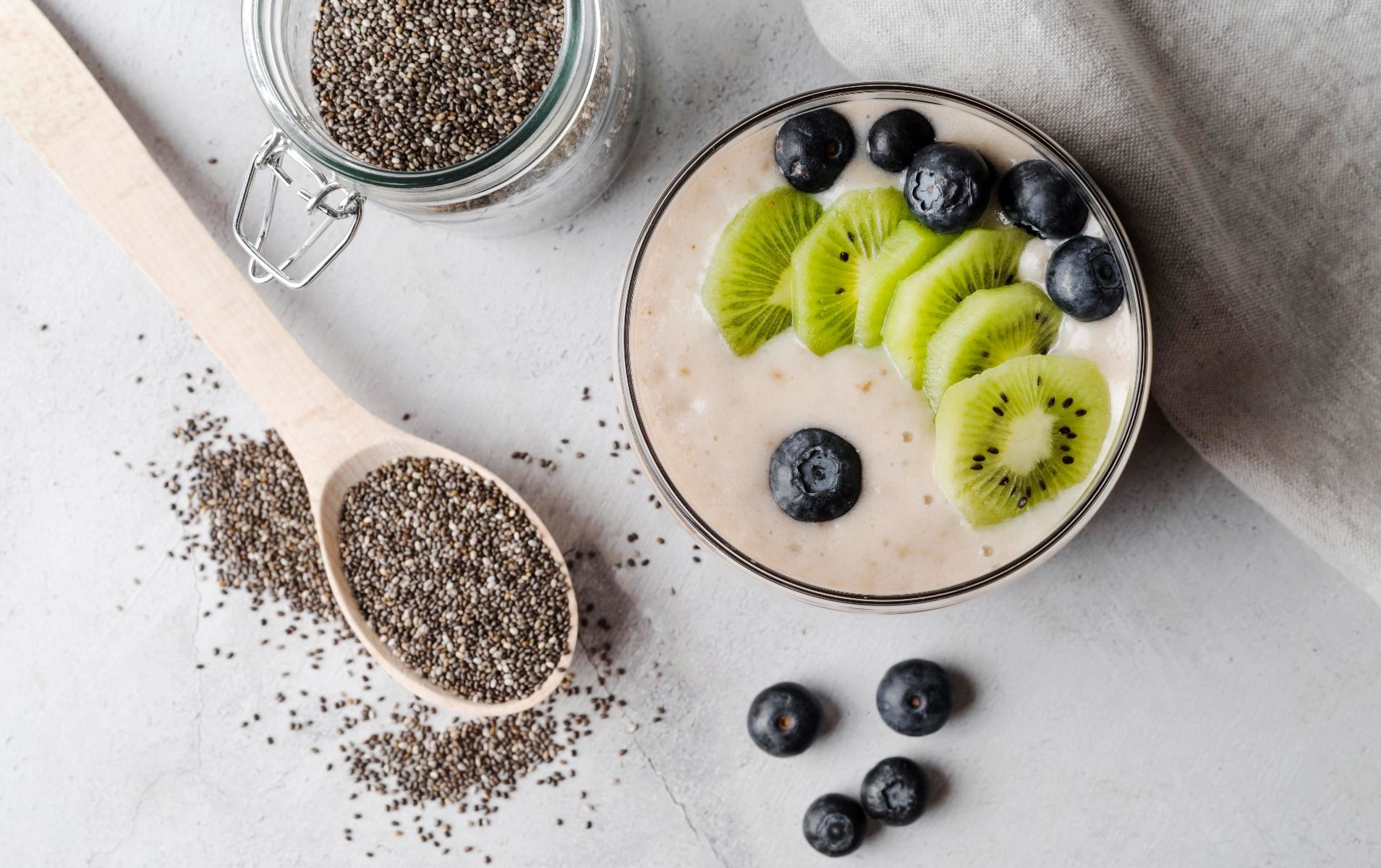
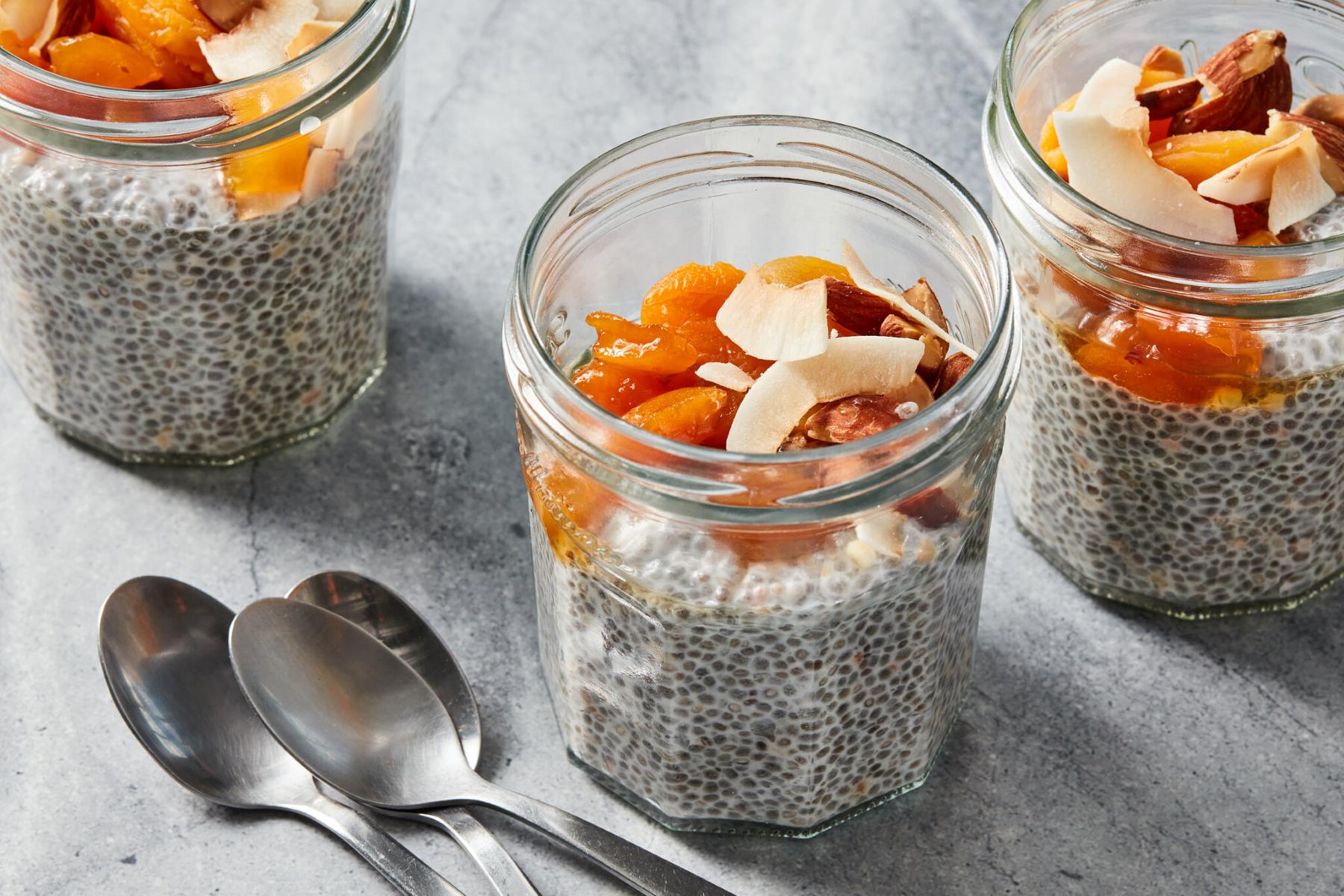
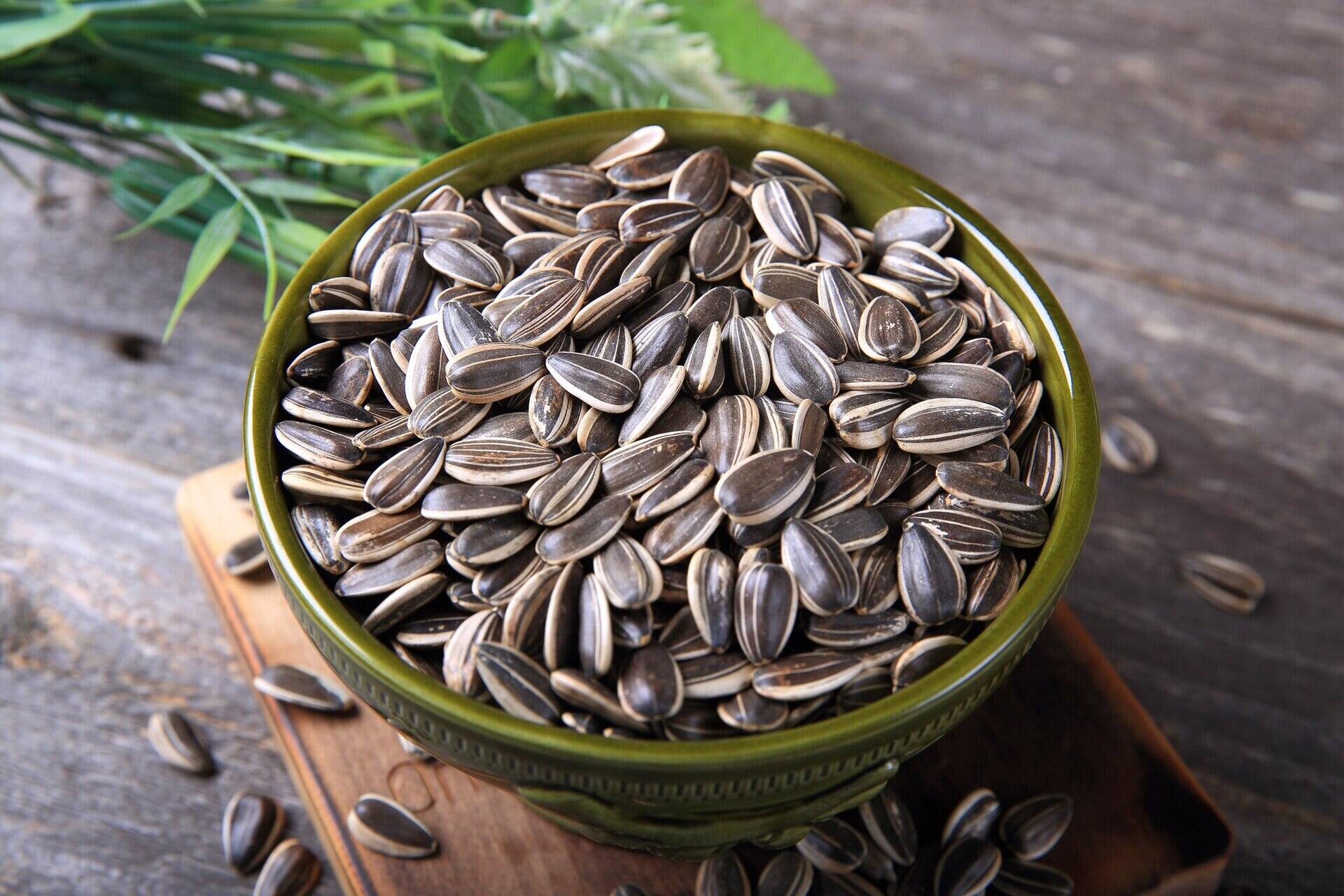


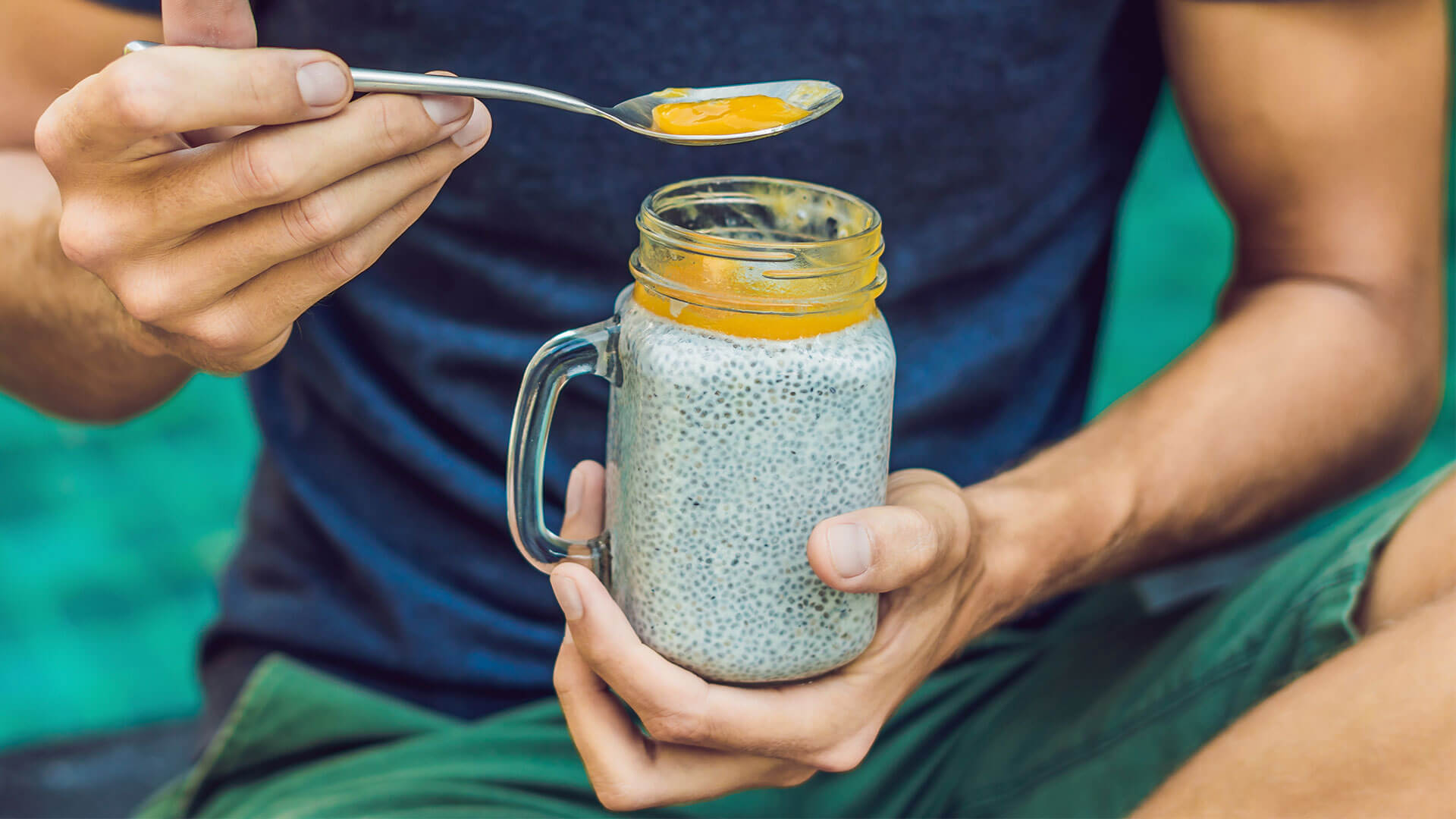
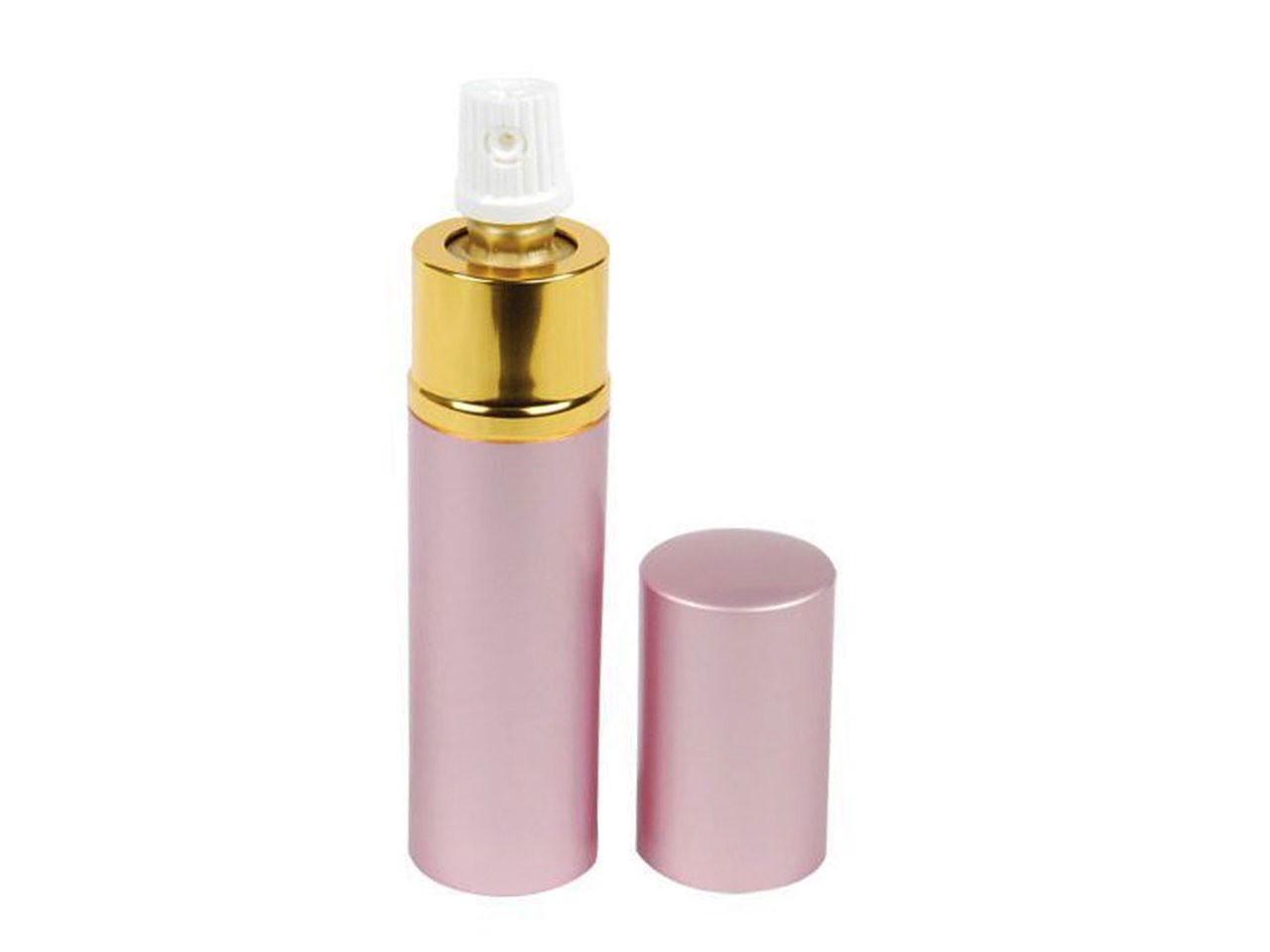
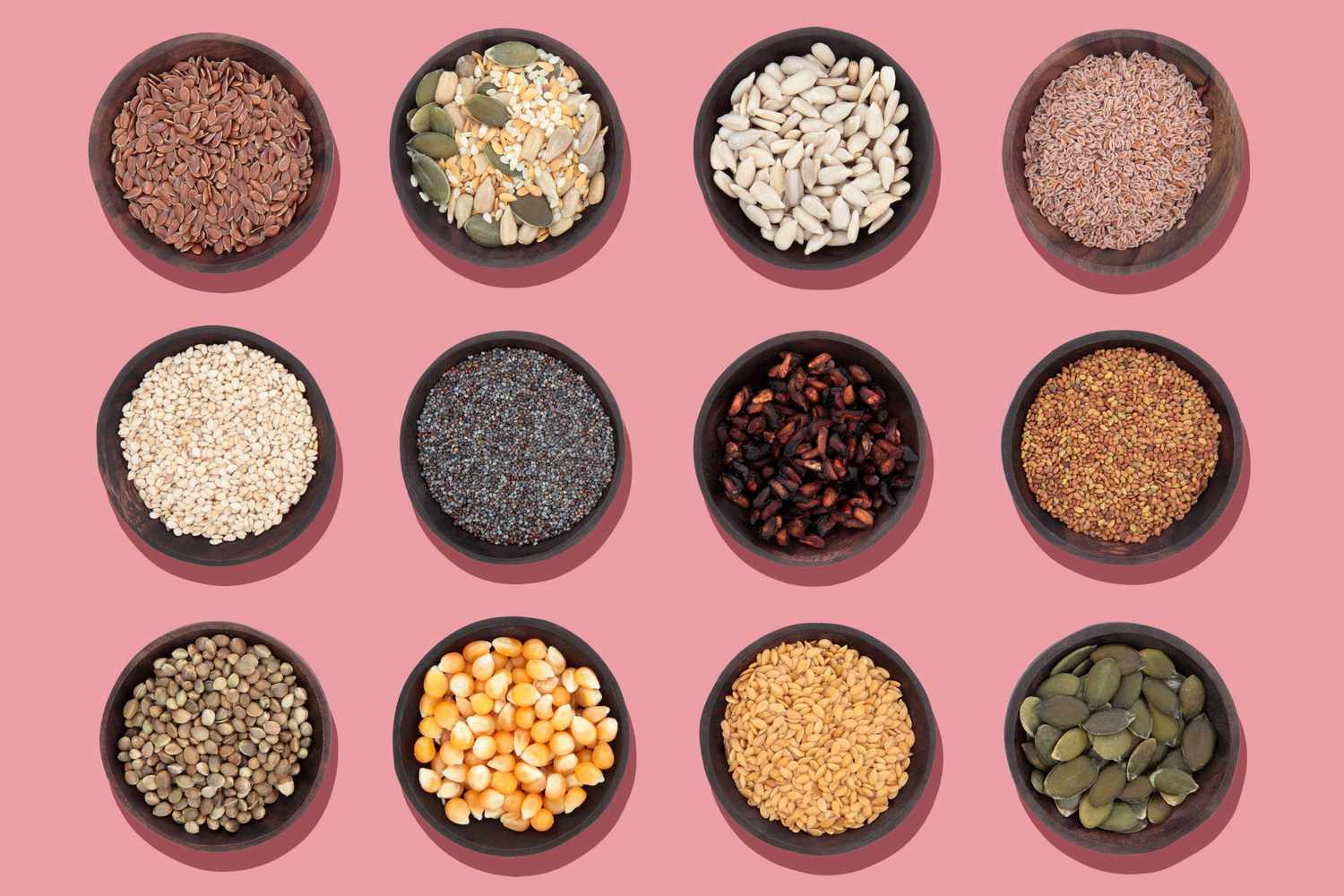
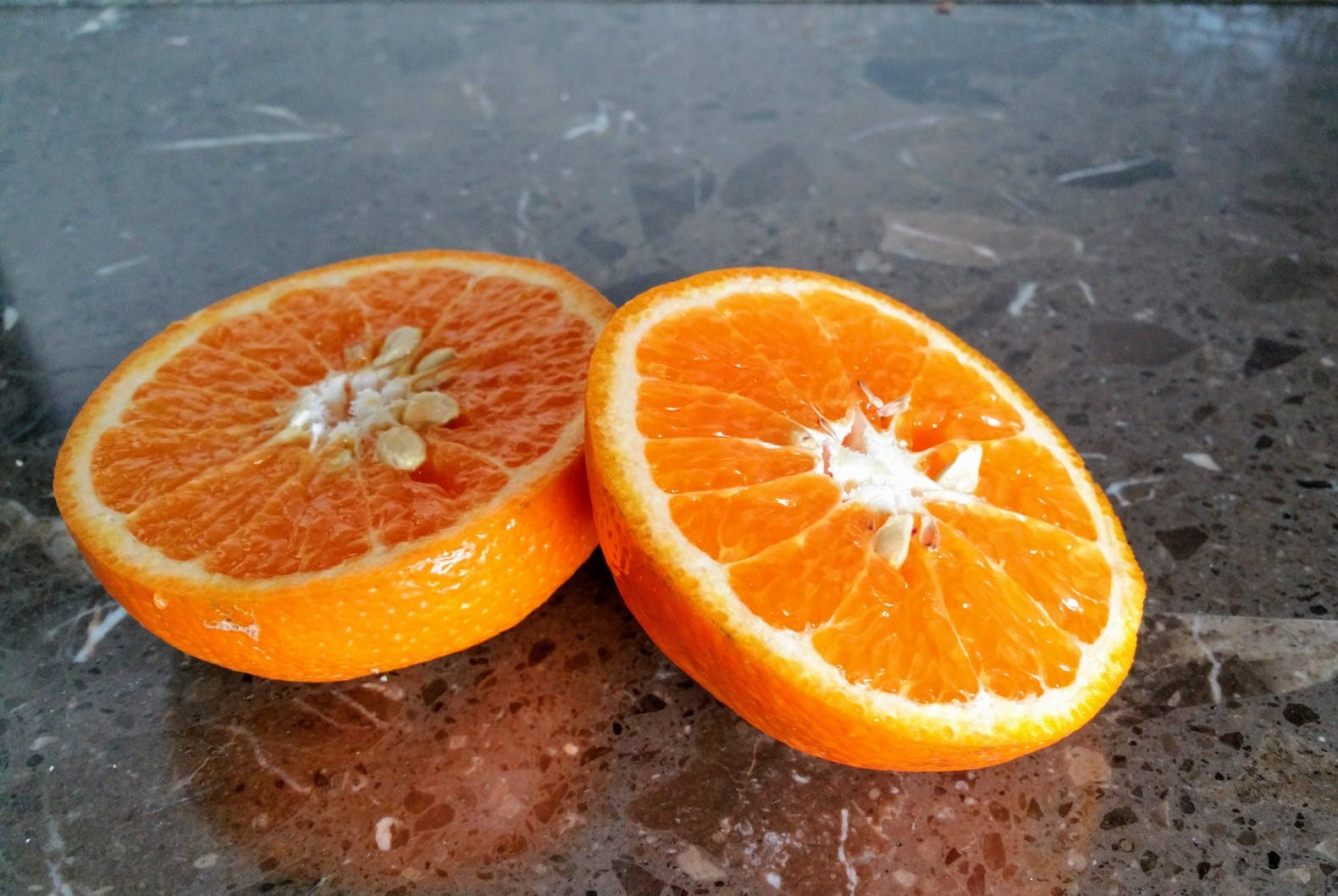
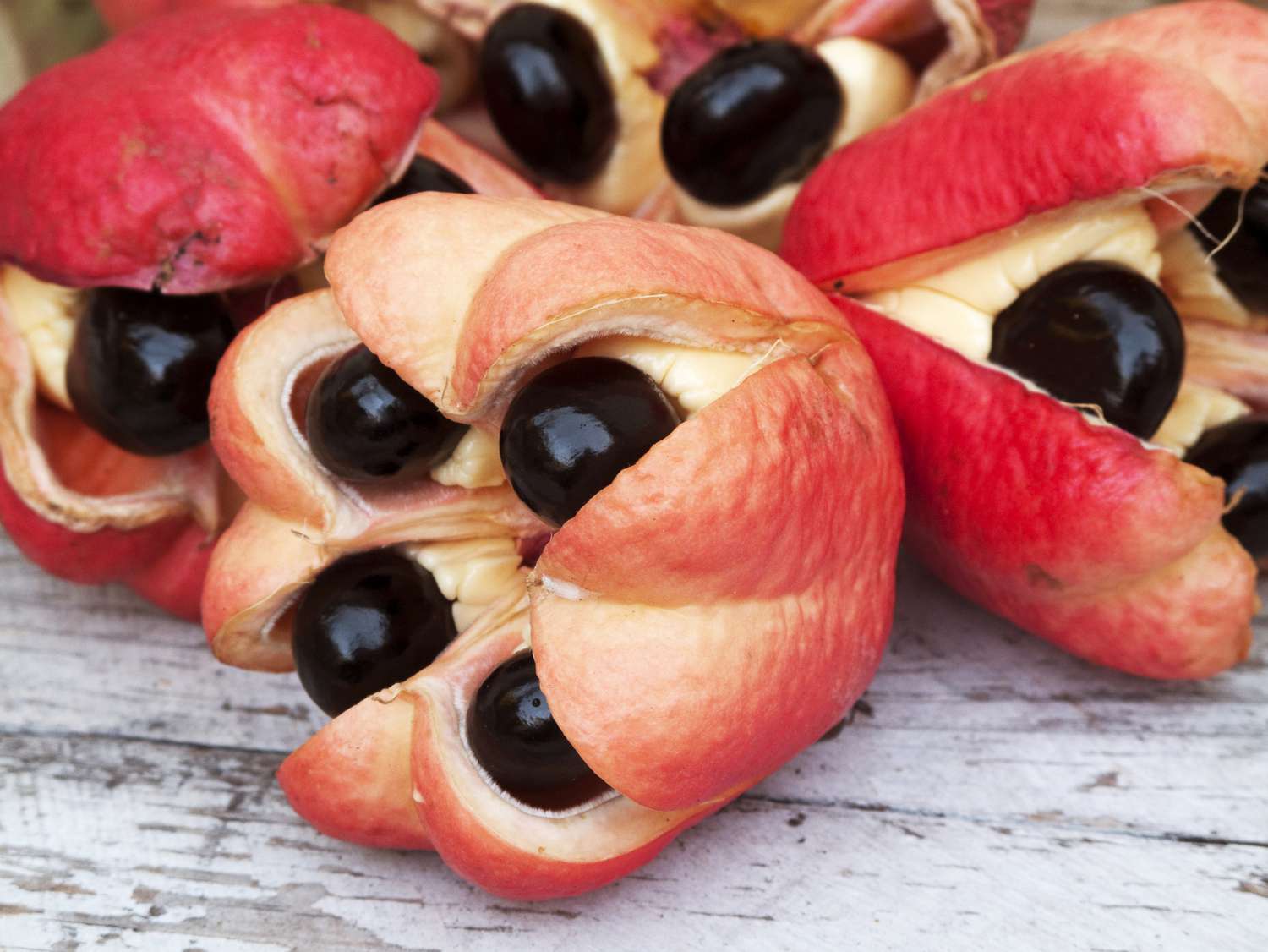
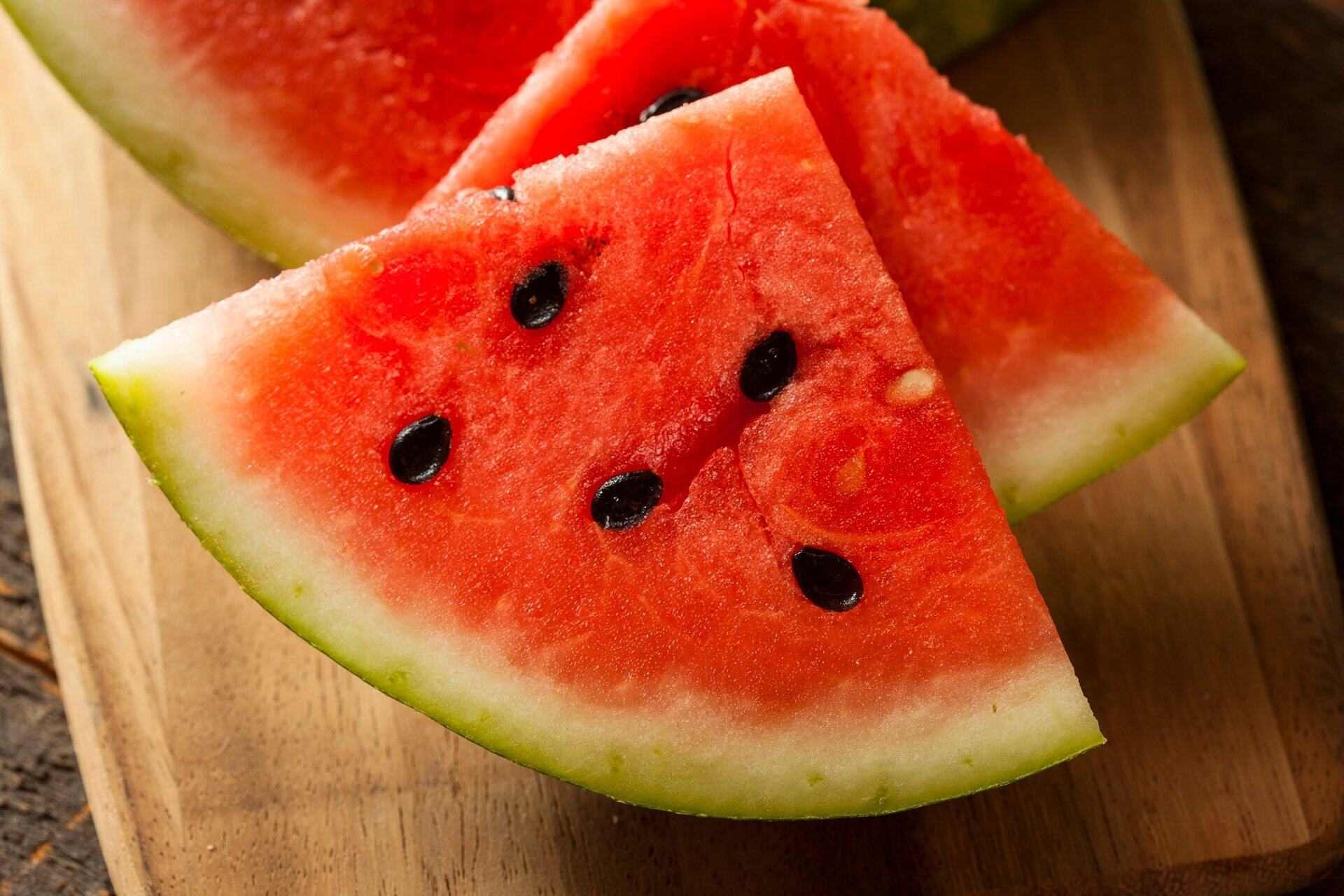

0 thoughts on “What Happens If You Eat An Apple Seed”